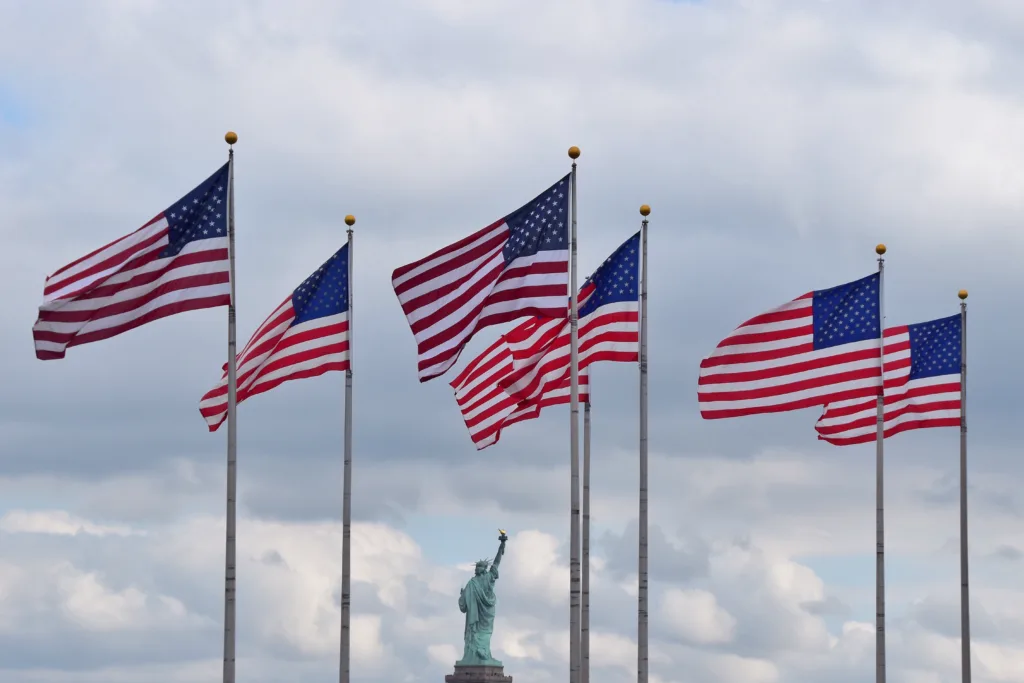

By: Erin Hemme Froslie (North Dakota Monitor)
If you or someone you know may be experiencing a mental health crisis, contact the 988 Suicide & Crisis Lifeline by dialing or texting “988.”
Sara Lewis remembers how lost she felt after she left her military career.
After years of knowing exactly what to do each day, Lewis struggled to find a job. She felt confused and overwhelmed.
“Becoming a civilian after serving in the military is difficult, even if you’ve never been deployed,” she says. “You feel like there’s constantly a piece of you missing.”
Today, Lewis works as a project coordinator for Minot Vets for Vets. The peer support program helps former service members to find connection and support – proven keys to improve mental health and prevent suicide.
Veterans account for 15% to 19% of all deaths by suicide in North Dakota. Former military members are one-and-a-half times more likely to die by suicide than members of the general public, according to data from Veterans Affairs.
Reducing that rate takes a combination of education and collaboration, say mental health experts.
This year, agencies in North Dakota began placing a 988 button at the top of their websites and in email signatures. The number is a national mental health hotline and includes a veteran-specific line. Veterans in crisis can call the line and receive immediate assistance.
The state is also part of the Governor’s Challenge, a partnership between states, the U.S. Department of Veterans Affairs and the Substance Abuse and Mental Health Services Administration. The goal is to expand statewide suicide prevention practices using a public health approach.
ND Cares, led by Michelle Gauvin-Panos, coordinates North Dakota’s efforts.
“Our emphasis is on getting out the message that there’s emergency help available,” Gauvin-Panos said. “We want to make sure veterans get the help they deserve.”
The ND Cares coalition is charged with improving coordination among behavioral health services for military service members, veterans, and their families and survivors.
For example, there are mental health services available to veterans through the VA and other providers. But some of the biggest barriers come from veterans being willing to ask for help.
Nathan Griffin, a U.S. Army veteran, served in Iraq in 2008-09. Recently his young nephew, who was assigned a class project, asked him if he had ever been a prisoner of war. Griffin jokingly told him: only in my mind.
“But now I realize how true that is,” he said. “When we come home, everyone battles some sort of battle in their own head.”
Transitioning from military life to civilian life can be stressful and overwhelming, he said. Veterans need to understand that it’s OK to not be OK and to ask for assistance.
Sharing that information beyond military organizations is also important.
Sarah Kemp Tabbut is the community engagement and partnerships coordinator at the Fargo VA. About half of the veterans who die by suicide have not received services from the VA, she said.
This is one reason it’s important to have a multi-pronged, community approach when trying to reach veterans with information and assistance about mental health services.
“Generally, suicide is preventable. Everybody has a role to play,” Kemp Tabbut said. “There are so many ways to be involved. We can all save a life.”
Social connectedness is one quality that prevents suicide, says Melissa Markegard, suicide prevention administrator for the North Dakota Department of Health and Human Services.
“We need each other,” she said. “Every connection helps.”
Historically, there’s been a stigma among members of the military that comes with seeking mental health services, Lewis said. This means many of them struggled alone.
“For many generations it was taboo to seek some kind of help,” she said. “Veterans often don’t want to put their burdens on someone else.”
That’s changing, but it will take time.
Speaking with peers who have lived the same experience can help, she says. It’s why she’s excited to offer peer support by veterans to veterans. Former military members often feel more comfortable speaking with someone who understands the military culture, she said.
“It’s important to have someone who understands what you go through to be a soldier or an airman,” she said. “If we can show one person there’s a community here for you, it’s worth it.”